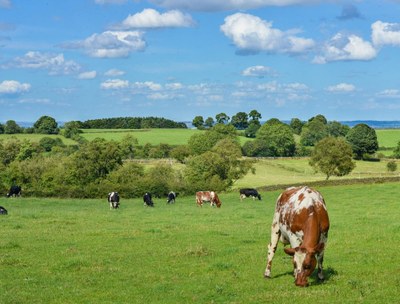RESOILIENCE

Management disturbances like livestock grazing can impact the abundance and diversity of grassland soil invertebrates, affecting their ability to carry out important functions like decomposing soil organic matter and maintaining soil structure. Understanding how resistant and resilient these invertebrate communities are to such disturbances is key to developing sustainable land management strategies.
The goals of this DFG-funded project are to 1) gain a mechanistic understanding of the structural and functional responses of grassland soil communities to management disturbances, and 2) elucidate the processes that control the assembly of invertebrate communities across variable soil environments. To do this, the project team will leverage a long-term dataset by comparing soil samples taken in 2009 and 2011 to more recent soil samples collected in 2018. Key evaluation parameters include identifying soil organism taxa, food web structure, and microbial diversity and biomass.
Coordinated by: Prof. Dr. Volkmar Wolters, Prof. Dr. Klaus Birkhofer
Team: Dr. Andrey Zaytsev, Dr. Dennis Baulechner, Katharina John
Year: 2017
Funding: Biodiversity Exploratories, Deutsche Forschungsgemeinschaft (DFG)
Duration: 2017-2023
Further information: https://www.biodiversity-exploratories.de/en/projects/resilience-of-invertebrate-communities-in-grassland-soils/
